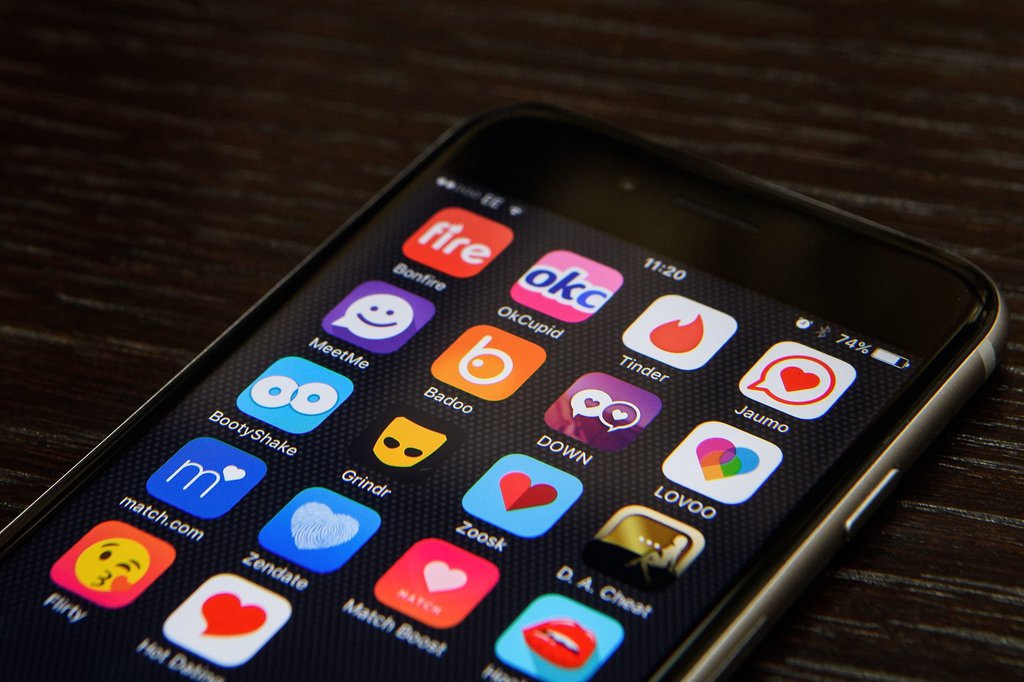
In a recent revelation that left fans intrigued, Hollywood veteran Jodie Foster unveiled a pivotal moment in her career, confessing that she turned down a role that could have drastically changed the course of her life. The 61-year-old actress seamlessly transitioned into adulthood, earning two Oscars, three BAFTAs, and three Golden Globes, with a third Oscar nomination for her recent performance in Nyad.
Turning Down Princess Leia
In a revelation on The Graham Norton Show, despite her stellar career, Foster shared that she had turned down the iconic role of Princess Leia as she was already committed to a Disney film at the time. Reflecting on the missed opportunity, she expressed that her life could have taken a different turn, and she would have appreciated experiencing Princess Leia’s distinctive hairstyle.
Ultimately, the role was brilliantly portrayed by the late Carrie Fisher, leaving Foster and many others acknowledging the difficulty in envisioning anyone else embodying the beloved character.
Why She Rejected the Role
Having previously discussed the missed opportunity, Jodie Foster confirmed the decision during an interview with Jimmy Fallon earlier this year. She cited a contractual obligation to a Disney movie as the reason behind turning down the role of Princess Leia.
Reflecting on the potential portrayal, she candidly expressed uncertainty about her suitability for the role, mentioning she might have opted for a different hairstyle, perhaps even something as unconventional as a pineapple.
What She’s Doing Now
Despite the intriguing hypotheticals, Foster carries no significant regrets, acknowledging her uncertainty about fitting into the iconic role. Currently captivating audiences in the fourth season of True Detective, where she embodies the no-nonsense cop, Liz Danvers, Foster hinted at an enthralling conclusion to the series on The Graham Norton Show, emphasizing its exceptional quality.

As Jodie Foster continues to navigate Hollywood’s diverse landscape, her talent, versatility, and intriguing career choices leave an indelible mark on the industry.
How Online Dating Apps Have Completely Altered People’s Lives
In January 2020, long before the difficult world situations swept through most of the world, Dante, 27, downloaded Hinge, Bumble, and Tinder. He wanted to meet people and have fun but wasn’t looking for hookups. He had over 60 dates, with varying degrees of success. He claimed that the whole dating experience nowadays is different from what it used to be. Here is why.
The Whole Dating Experience
The abundance of dating options, complete with flashing lights, blaring sounds, and zippy graphics, gives these apps the feel of a video game. Such apps engage areas of the brain that transform them into a sport. This releases endorphins with each match or text message. Because users don’t know which swipe will result in a match, apps like Tinder use a variety of ratio reward schedules. This means that your matches will be randomly distributed. It’s the same reward system used in Las Vegas slot machines and in an animal experience where researchers train pigeons to repeatedly peck at a light on the wall.

The evolution of online dating is one of the most significant events in the history of human reproduction. According to a 2017 Stanford study, approximately 40% of straight couples and 60% of same-gender couples in the US met online. Even before social-related spikes, online dating is now the most common way for American couples to meet.
Finding Love Online
Here is another story. It’s about Amanda Kusek, 33, who met her current boyfriend, Frank, on Tinder in 2015. He was her first date on the app, and she only ever had two dating app meetups! Amanda shares that she found it appealing that Frank wanted to meet her in person after a brief conversation. Kusek proposed to her boyfriend on the Connecticut balcony of her mother’s home in August 2020. Her mother even bought them a pillow that reads “We Met on Tinder.”
Hayley Quinn, a London-based dating coach, asserts that a simple shift in perspective can improve people’s online dating experiences. She says that apps reflect human behavior. For example, if you begin believing that no one wants anything genuine anymore, this will be your story. You must create your motivation to interact meaningfully with these platforms.

Instead of swiping while watching Netflix, Quinn advises her clients to dedicate a portion of their day to using dating apps and to optimize their dating profiles so that the photos are well-lit, the captions are non-generic, and the opening messages are tailored to the person they have matched with. Yes, that’s right – no Hi’s or Hey’s. Good luck!
